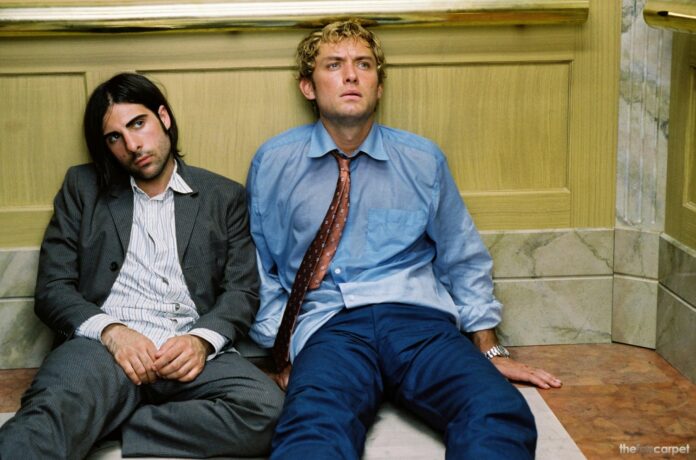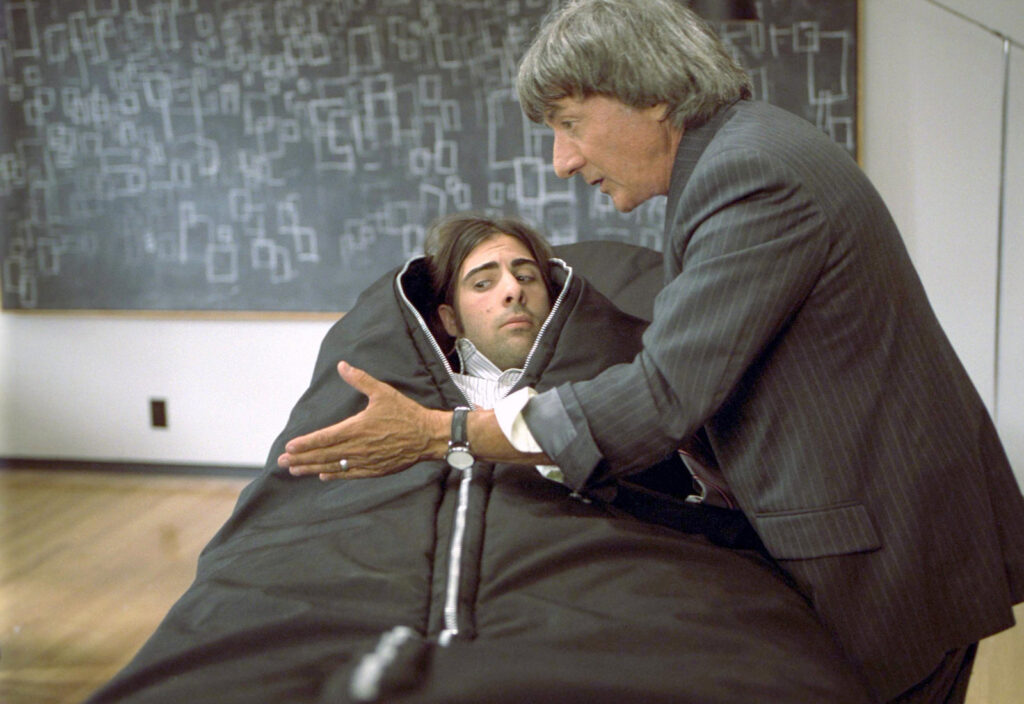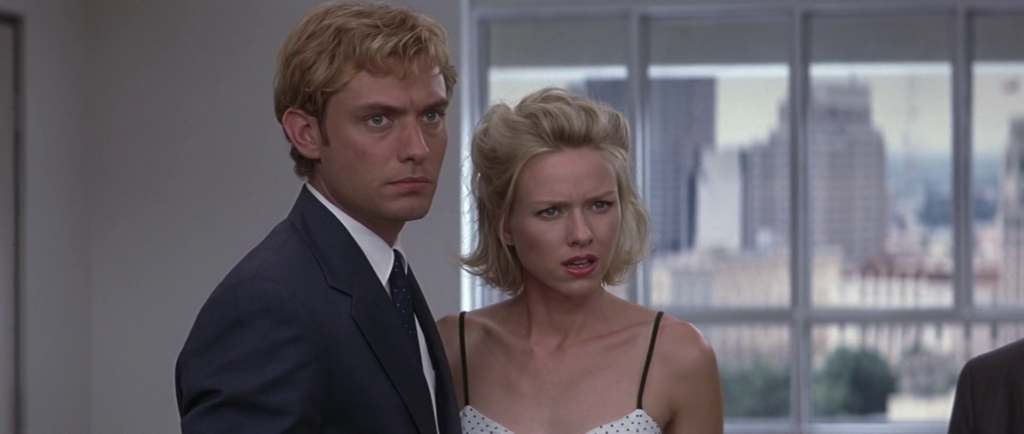By George Angelakis,
Over the past years, many movies have managed to break the “just a good movie” barrier and establish themselves as classics in the global scene. Many of them, have secured this place due to the catholic acceptance by movie critics and ordinary people alike. There are still a handful of movies that even though seem to have gone unnoticed by the general public, in my mind, belong in the firmament of the industry. My go to example for such a movie is “I heart Huckabees”, in my opinion, a hidden gem of the American cinema.
“I Heart Huckabees” which in movie posters was stylized as “I Love Huckabees” is a 2004 independent comedy film directed and produced by David O. Russell, who also co-wrote the screenplay with Jeff Baena. If you need a refresher, Russell is the one who directed “Joy”, “The silver linings playbook” and “American Hustle” which are three great movies that are absolutely worth watching.
“I Heart Huckabees” follows a pair of detectives (Dustin Hoffman and Lily Tomlin), hired to investigate the meaning of the life of their clients (Jude Law, Jason Schwartzman, Mark Wahlberg, and Naomi Watts). As the different investigations cross paths, their rival and nemesis (Isabelle Huppert) tries to drag their clients into her own views on the meaning of their lives.
Quick side note that will only probably make everyone hate me: can we stop giving more credit to Mr. Wahlberg than he is entitled to? Back in 2004, when this movie came out he was still sort of “upcoming” and his performance was amazing, but honestly, in every movie after 2005 or so, he is so disappointing to watch. If I am being honest, I even considered not watching the movie for a split second, when I read that Wahlberg was in it, but I am really glad I decided otherwise.
Creating allegories is an old yet extremely successful recipe to transmit the messages you want, even to people who are too lazy or unable to “read between the lines”. Namely the Coen brothers have mastered this way of storytelling. But how about creating parallelisms? This strategy of storytelling is much more difficult to pull out and most people would argue that it is not worth it, since it aggravates the conveyance of messages; and they would be right. The catch here is, though, that David O. Russell does not want everyone to get the point of the movie for simply that “exclusion” of some people is a prominent part of his message.
To be completely honest, some of the points he is trying to make are very simple to follow. There is good in the world, there is evil in the world, good and evil can coexist in the same plain of reality. This premise is a very old and simple enough for even a nine year-old to follow. At this point, many people, mainly philosophy majors, would resent the movie for “dumbing down” existentialism. The truth is though, that these people fail to see that this premise was given to us relatively early in the movie’s plot and was used as a base on top of which every single other thesis was built. And trust me when I tell you that the sum of all the postulations, assertions, conjectures and arguments in this movie, could easily fill a 300 page book.
Of course I am not one to ruin anyone’s first experience of watching this movie. I suggest nevertheless that you go into the movie with an open mind, a mildly bent sense of humor, a pencil and a piece of paper because you will definitely need to take down notes! After all, this is your free, once in a lifetime, outstandingly condensed bachelor of philosophy that just happens to host some famous people too.






